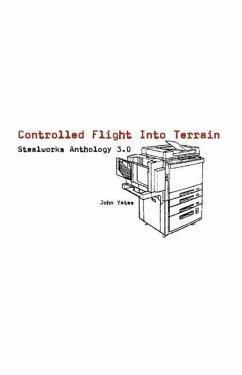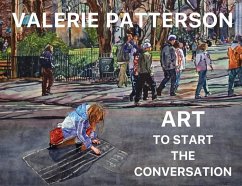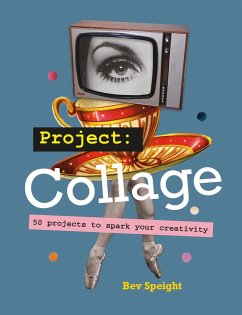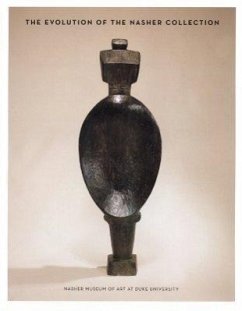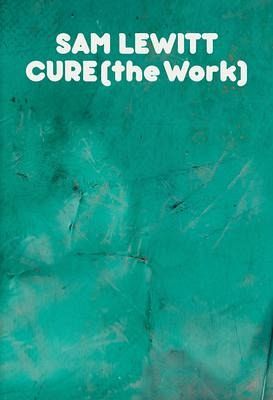
Cure (the Work)
Versandkostenfrei!
Versandfertig in über 4 Wochen
22,99 €
inkl. MwSt.

PAYBACK Punkte
11 °P sammeln!
A graphic extension of Sam Lewitt’s 2021 exhibition at Z33 House of Contemporary Art, Design and Architecture, Belgium. CURE (the Work) is a graphic extension of Sam Lewitt’s 2021 exhibition at Z33 House of Contemporary Art, Design and Architecture, Belgium. Lewitt’s exhibition departs from the recent closure and demolition of Ford Genk, formerly a major employer in the region. As Ford Genk was undergoing demolition, the new wing of Z33 was under construction in the nearby city of Hasselt. CURE (the Work) retools elements of the demolished factory, as well as two manual earth ramming ...
A graphic extension of Sam Lewitt’s 2021 exhibition at Z33 House of Contemporary Art, Design and Architecture, Belgium. CURE (the Work) is a graphic extension of Sam Lewitt’s 2021 exhibition at Z33 House of Contemporary Art, Design and Architecture, Belgium. Lewitt’s exhibition departs from the recent closure and demolition of Ford Genk, formerly a major employer in the region. As Ford Genk was undergoing demolition, the new wing of Z33 was under construction in the nearby city of Hasselt. CURE (the Work) retools elements of the demolished factory, as well as two manual earth ramming presses compacting soil extracted from the Ford site, recasting the galleries at Z33 as a production line for interlocking compressed earth blocks: a low-cost building material designed for self-help housing in so-called developing countries, as well as practitioners of small-scale ecological self-sufficiency. Each stage in the brick production process—compressing, curing, and stacking—is separated within the exhibition space by doors and tarps from the former factory. This dispersed presentation raises the question of where we locate the “work,” as an activity and as a product. As a book, Cure (the Work) is structured around a template drawn from the form of a paving stone produced throughout the exhibition. Book and brick are here identified according to their portability and serial logic. This paver’s form becomes an internal frame for the book’s image content. The latter comprises research and photographic documentation of the Ford factory during demolition. The rhythm of these images throughout the book is constrained to a printing on a single side of the paper running through the press, resulting in variably patterned sequences of two-page spreads punctuated by empty pages. This documentation and textual material at once situates CURE (the Work) within the context of this deindustrialized European city, and points beyond the site to its broader, encompassing logic and material conditions. Like the content of Lewitt’s work, the form of the book is structured by the logic of mobility, standardization, and rationalization that a broader consideration of the local context in the midst of global economic machinations implies. This includes the mobility promised by the automotive industry, capital flight in search of low wages, labor’s resulting immobilization as well as a critical self-reflection on global artistic culture and its relationship to economic and social transformation. Newly commissioned essays on Lewitt’s work by art historians Annie Ochmanek and André Rottmann, as well as a discussion between architecture historian Felicity Scott and Sam Lewitt, moderated by Z33 curator Tim Roerig, contextualize the exhibition and book, pointing to its place within Lewitt’s practice.



